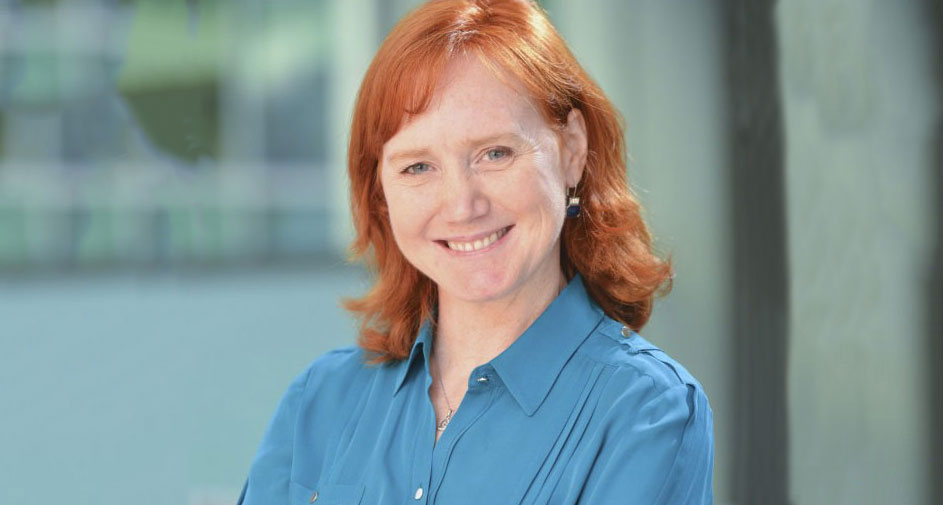Sanford-Burnham Medical Research Institute at Lake Nona (Sanford-Burnham) and Mayo Clinic today announced that a joint team of scientists has been selected as a winner of GlaxoSmithKline (GSK)’s 2014 Discovery Fast Track Challenge. The Challenge is designed to accelerate the translation of academic research into novel therapies. Researchers from the two organizations will work with partners at GSK to screen the pharmaceutical company’s library of compounds for potential new drugs to treat resistant hypertension, blood pressure that remains high despite treatment with current medications. The Challenge provides resources for small-molecule discovery and offers the opportunity for long-term collaboration.
“This truly is a one-of-a-kind partnership and promising approach to finding a new treatment for hypertension,” said Siobhan Malany, PhD, chemical biology team leader in the Institute’s Conrad Prebys Center for Chemical Genomics. “Each partner brings unique capabilities to this collaboration. Sanford-Burnham has extensive drug discovery expertise and state-of-the-art technology platforms, Mayo Clinic ensures clinical relevance, and GSK provides its extensive resources and a library of drug-like, proprietary compounds. It would be very difficult, if not impossible, for us to do this alone.”
Turning a side effect into a new treatment approachCertain peptides (short chains of amino acids) used as therapeutics for heart disease have shown promising results in the clinic; however, they have the side effect of lowering blood pressure to levels below recommended limits. The team of scientists at Sanford-Burnham and Mayo Clinic is now trying to identify small molecules within GSK’s library that capitalize on this effect and use them to help people suffering from resistant hypertension to lower their blood pressure.
Researchers at Mayo Clinic have already identified and validated a target – a certain receptor on the cell – that will be the focus of this screen. Sanford-Burnham experts are looking for small molecules that will act as modulators of this receptor in the presence of certain peptides. They hope to find a compound that will ultimately stop or even reverse hypertension and its negative effects on blood vessels.
An innovative academia-industry partnership“We believe there is a real advantage in bringing together the best in academia and industry to help take innovative ideas forward in drug discovery,” said Duncan Holmes, European Head of GSK’s Discovery Partnerships with Academia (DPAc). “The Discovery Fast Track Challenge is designed to find the best ideas for collaborative drug discovery from any therapeutic area, in any geography. We look forward to working with the winners to help identify novel quality pharmacologically active compounds for their targets and being part of the researcher’s journey in making a difference."
The identified compounds could then form the basis of full drug discovery programs that may ultimately lead to innovative medicines for the benefit of patients in need of new treatment options. As the incidence of high blood pressure and a sub-class known as resistant hypertension continue to rise, the need to develop more-effective treatments has never been greater.
